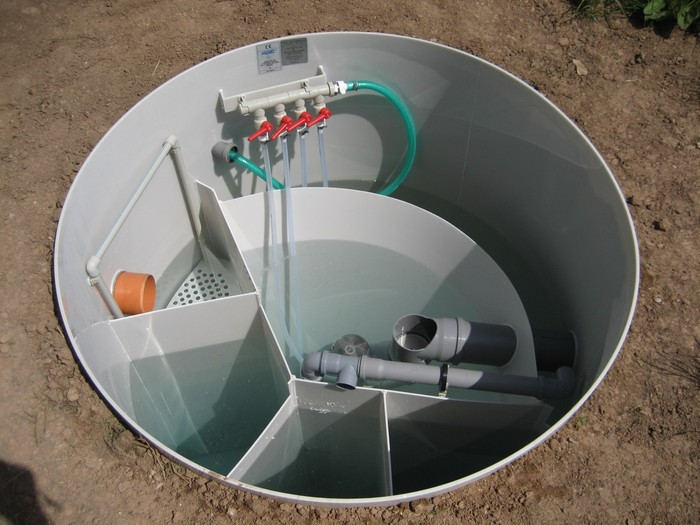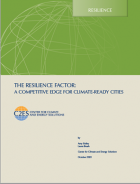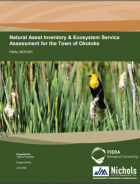This is adapted from a presentation by David Hill, Executive Director, Water Resources, Alberta Innovates, Energy and Environmental Solutions at the June 8 workshop on Wicked Problems in Natural Resources and Land-use.
Water challenges related to rural settings (What we know)
- Rural waste water treatment challenges include individual homes, cluster developments, small communities, infrastructure and operational costs, professional staffing, potential impacts on groundwater (septic systems)
- Complicated by storm run-off in urban and rural areas
- Many rural systems are ‘proposed’ and installed as part of initial development, with municipality and/or home owner often left holding the ‘bag’ when things don’t work out as planned
- Reality … much less attention has been paid to technologies that are affordable and operable by individuals, small communities
- Increasing rural populations challenging existing approaches and standards, for example, increased numbers of septic fields in a small region (summer cabins at the lake, water quality implications)
- Many rural landowners ill-prepared to carry out the required maintenance, monitoring
The growth in water well density in rural Alberta reflects the development of rural acreages and rural subdivisions and the challenge of treating wastewater from these rural residences.
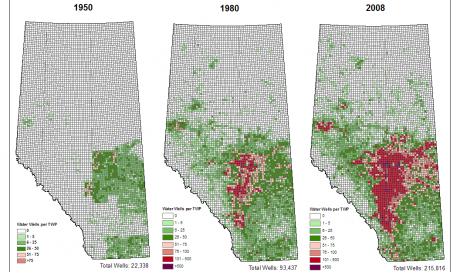
Figure 1: Water Well Density, 1950-2008 (Alberta Innovates, Energy and Environment Solutions, 2011, from a presentation by David Hill, Executive Director, Water Resources, Alberta Innovates)
Knowledge gaps exist (What we don’t know), for example:
- Long-term carrying capacity of soils within a small area for septic systems
- Potential impacts of septic systems on local/regional groundwater quality
- Suite of technologies that could be deployed that are affordable, operable, in some cases – scalable
- Economic sustainability
- Role of a regional approach where appropriate
Potential Solutions
Domestic wastewater treatment:
- Euroclar, http://www.euroclar.eu
- Ecofluid, http://www.ecofluid.cz
- In-home biological treatment system, fully contained
- High treatment efficiency,
- Low initial cost,
- Low maintenance cost,
- Design flexibility,
- Complete exclusion of odours,
- Operational reliability,
- Hydraulic flexibility.
Ongoing Challenges (What we need to make better decisions):
- Technology assessment and testing
- Place-based appropriate
- On-the-ground pilots
- Economic sustainability (individual, cluster, small community)
- Regional approach (providing higher level of professional management – not just inter-connected systems)
- Identify opportunities for re-use … water for the economy

